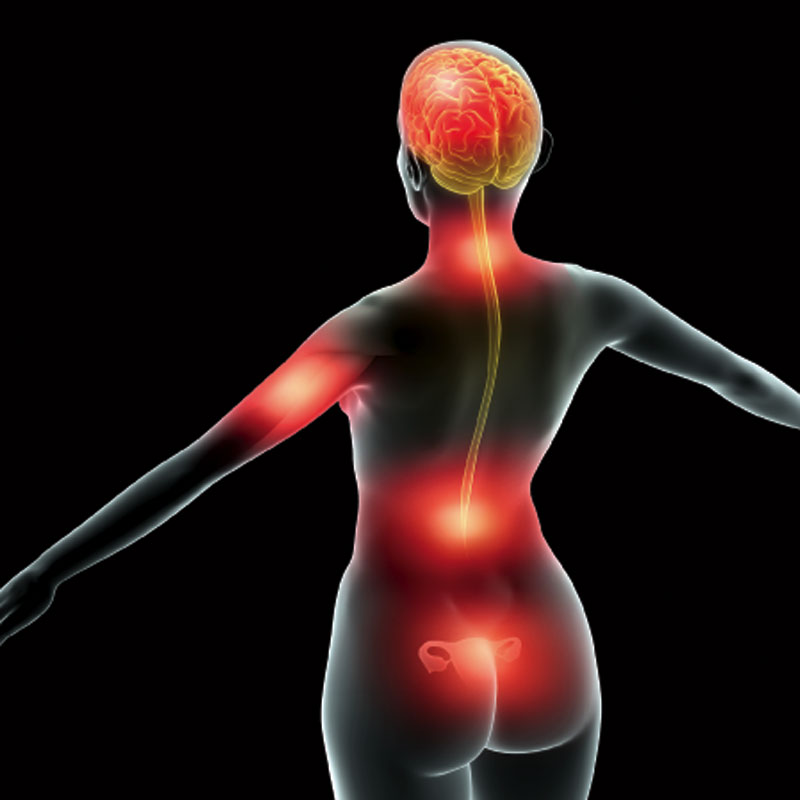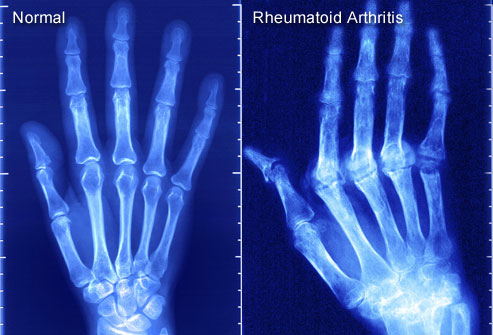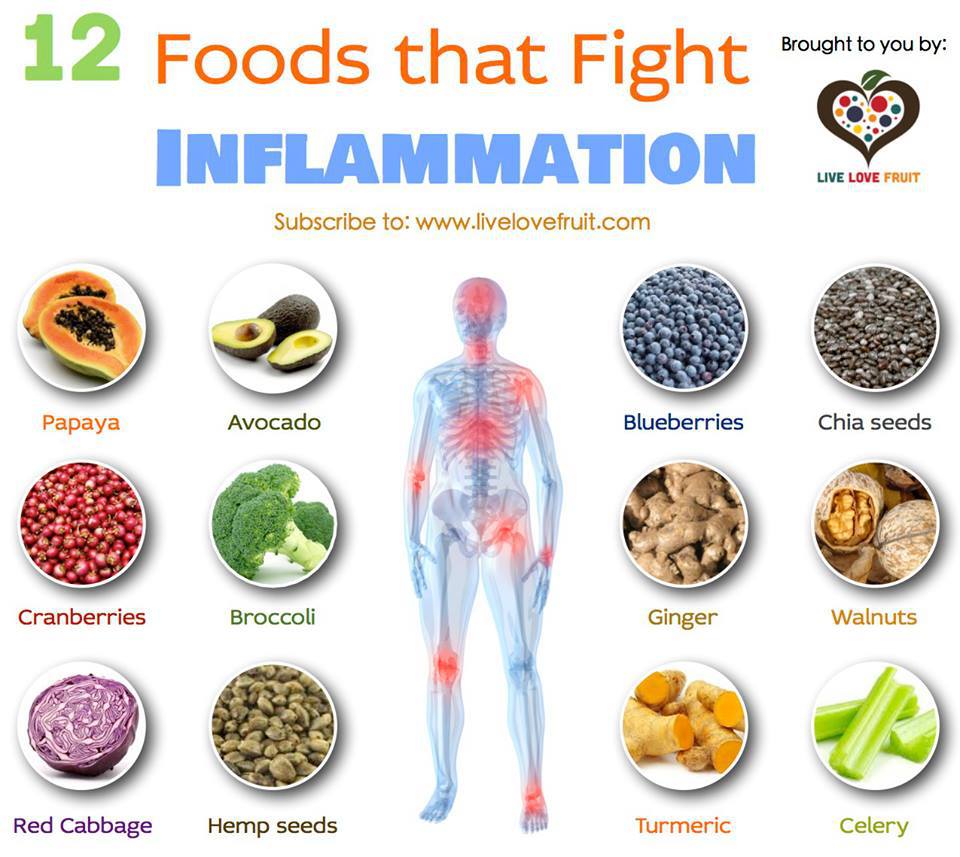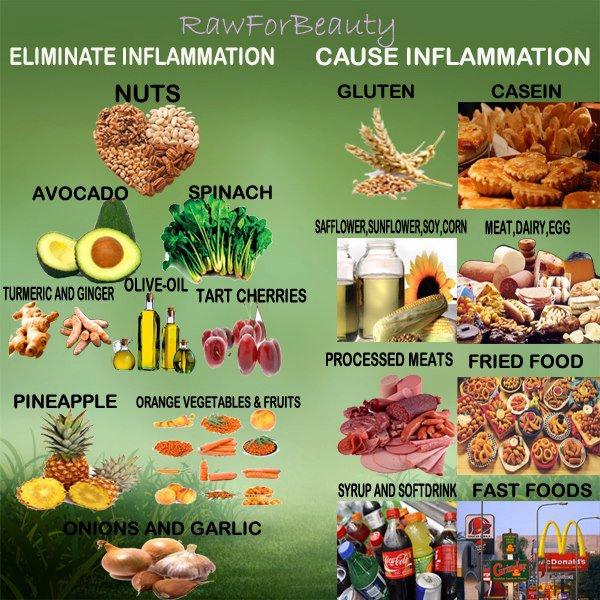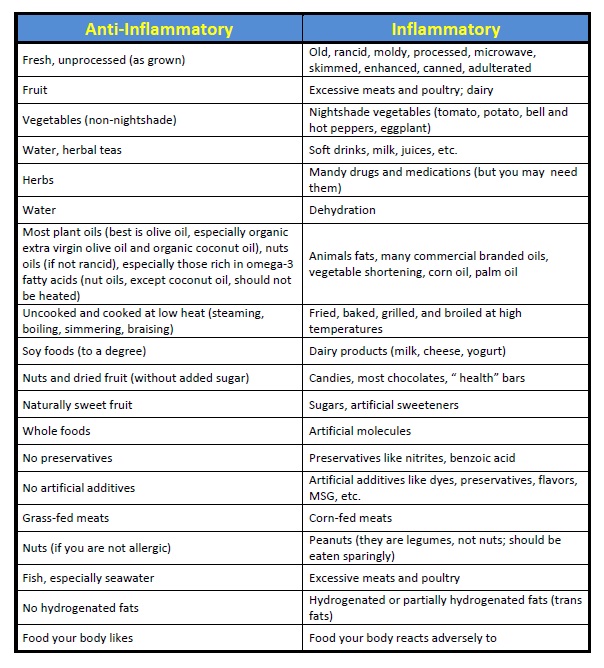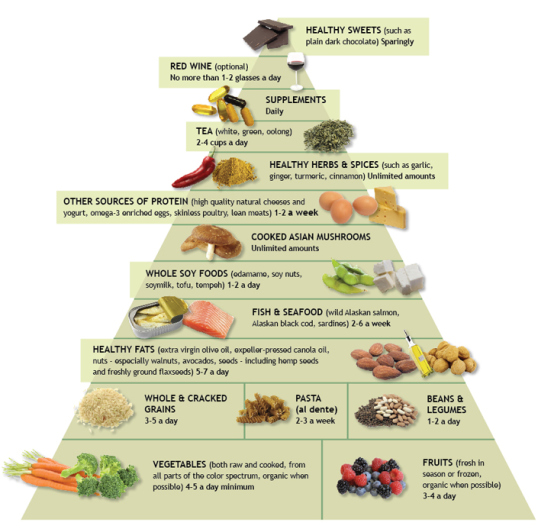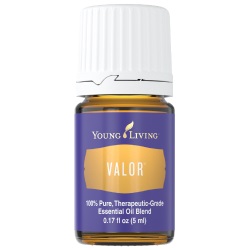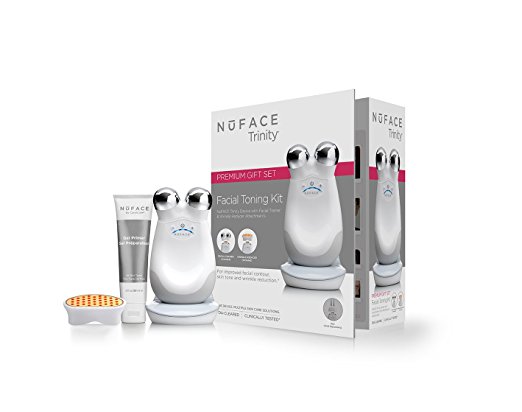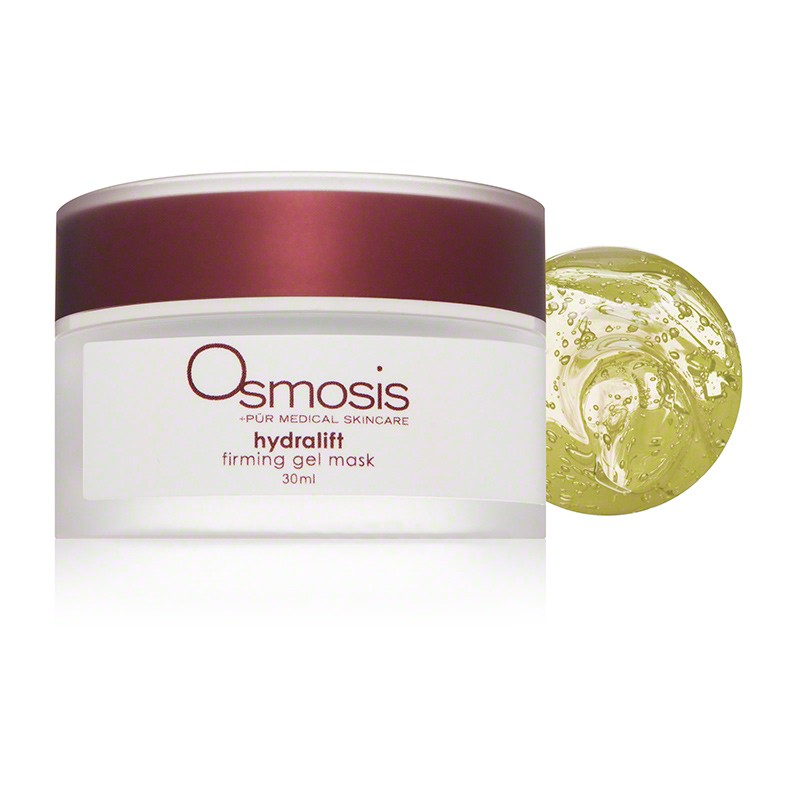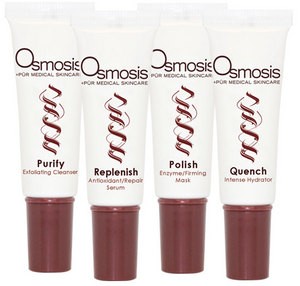For me, the best makeup is to first have healthy glowing skin. Otherwise it’s like a band-aid covering up something that is letting us know how our internal system is doing.
When I work with a client, my number one priority is to maintain and support a good skincare regimen from the inside out.
Inflammation is the reflection of the inner system.
Many skin care specialists believe inflammation is a key factor in premature skin deterioration and a majority of internal issues. Because the body’s basic response is to protect itself from irritation via inflammation, many people believe this response is a positive one. However, several scientists and skin care professionals from around the world advise people to avoid inflammation altogether. Bottom line: Anything that causes redness, over heating, swelling and any kind of irritation maybe detrimental to a person’s overall wellbeing.
There are a few upsides to inflammation: It is a sign of the body attempting to repair an affected area by bringing blood to the site; it helps to remove intruding agents from the site; and the additional white blood cells arriving at the site help to counteract the aggressor. Still, individuals should avoid inflammation at all costs.
In simplest terms, inflammation is the body’s immediate reaction to guard itself from some type of damage caused by an environmental external invader. Without the crucial process of inflammation, the body cannot restore itself in the face of damage.
Essentially, all inflammation starts in an acute phase. The body becomes damaged in some capacity due to a foreign agent, and it responds immediately to repair the damage. In many cases, this reaction goes undetected. Signs are so mild that they are even unnoticeable. Once the threat is gone, the body is able to go back to a non-defensive state—and the inflammation process turns off.
That’s why long lasting inflammation is being labeled the 21st century’s number one challenge. Unlike its short form, long lasting internal inflammation can occur undetected because it falls just below the radar of discomfort and visible swelling. You feel nothing, or you may experience vague, unexplained signs for which there are no conventional answers. And while you search for answers or even ignore the signs altogether, your body’s inflammation process carries on for weeks, months, or even years—which compromises your immune system.
In my opinion, wellness is the absence of inflammation. A possible key to optimal wellness is to detect long lasting inflammation and address its root concerns promptly and effectively.
The signs of inflammation are many and varied — it’s been linked to everything from bloating to joint pain to sinus congestion and skin rashes. Although a clinical assessment is the only way to determine for sure if you suffer from inflammation, the more of the following symptoms you experience, the more likely you have low-grade inflammation, says Mark Hyman, MD, author of The UltraSimple Diet (Pocket Books, 2007).
• Bloating, belching, passing gas
• Diarrhea or constipation
• Fatigue, sluggishness
• Itchy ears or eyes
• Dark circles or bags under eyes
• Joint pain or stiffness
• Throat tickle, irritation or coughing
• Stuffy noise, sinus trouble, excessive mucus
• Acne, cysts, hives or rashes
• Ruddy, inflamed-looking skin
• Flushing
• Water retention, skin puffiness
• Craving certain foods
• Compulsive or binge eating
The good news: Inflammation is fixable: “Our best tool to reverse inflammation isn’t a drug, but our diets,” says Barry Sears, PhD, a former research scientist at Boston University School of Medicine and the Massachusetts Institute of Technology and author of the forthcoming Toxic Fat Syndrome. One of the best ways to snuff out inflammation is by heeding food sensitivities and intolerances. These are inflammatory responses that occur when the gut fails to break down certain foods.
The most notorious offenders are dairy, wheat, corn, sugar, soy, eggs,peanuts poor diet , mostly sugar,refined flours, processed foods, inflammatory fats such as transfats and unhealthy saturated fats,and STRESS is very inflammatory, Anger is inflamed thoughts . Keep a food diary to identify negative reactions (which may be delayed by hours or days after you’ve eaten), then root out food sensitivities by following an elimination diet for at least a week. (For more on that, see “False Fat” in the March/April 2003 archives.)
By eliminating the foods that irritate your body and eating more of those that help your body combat inflammation, you’ll get rid of a lot of bloating and water retention, produce fewer “weight-gain” hormones, and have more energy for activity, says Elson Haas, MD, medical director of the Preventive Medical Center of Marin in San Rafael, Calif., and author of The False Fat Diet (Ballantine, 2001). That sounds like a slim-down strategy we can all live with.
Thankfully, the list of things that cause inflammation is relatively short:
• Poor diet–mostly sugar, refined flours, processed foods, and inflammatory fats such as trans and saturated fats
• Lack of exercise
• Stress
• Hidden or chronic infections with viruses, bacteria, yeasts, or parasites
• Hidden allergens from food or the environment
• Toxins such as mercury and pesticides
• Mold toxins and allergens
The Zone is not some mystical place or some clever marketing terms. It is a real physiological state in your body where the hormones that control silent inflammation are maintined in a zone that is not too high, but not too low. This requires treating food as if it were a drug to be taken at the right dose and at the right time. However, saying food is a drug is actually derogatory to food since your diet affects hormones that are hundreds of times more powerful than any drug. In many respects, food will be the most powerful drug you will ever take because you are using this drug at least three times a day for the rest of your life. Thus your diet can be your greatest ally or worst enemy because the hormonal rules for humans haven’t changed in the past 150,000 years, and they probably won’t change tomorrow.




